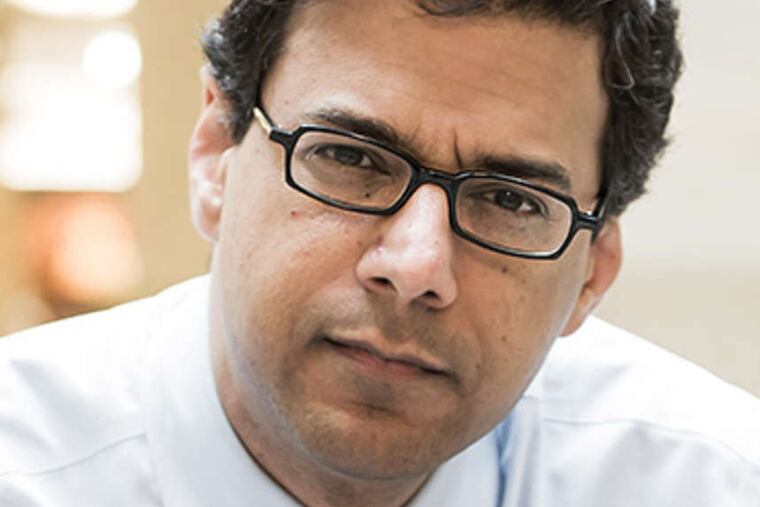A call to rethink dying as meaningful part of life
One hundred years ago, the average life expectancy in the United States was less than 50 years. By 2012, it had topped 78.8.

One hundred years ago, the average life expectancy in the United States was less than 50 years. By 2012, it had topped 78.8.
Scroll forward to 2030, and the number of the nation's elderly will reach 72.1 million, almost twice the number in 2000. A similar trend is reshaping the world. Twenty percent of the population in Germany, Italy, and Japan is over 65; that compares to 13 percent in the U.S.
With people living longer, death has become more of a process than an event. "The body's decline creeps like a vine," writes bestselling author Atul Gawande in his latest book, Being Mortal: Medicine and What Matters in the End. In turn, it has made it harder for doctors and patients to face the idea of dying head-on. Something usually can be done to delay it, if not by years, then by months or days.
Being Mortal compiles Gawande's experiences as a Boston surgeon, as a son dealing with aging parents, and as an observer of the lives of elderly people who, after decades of independence, found they could no longer go it alone.
Gawande uses personal testimonials, including those of his mother-in-law and his father, to convey the basic problem: Our approach to end-of-life care is far from what is best for patients.
The medical community looks at the threat of death solely as an opportunity to combat it, and strives to produce ever higher survival rates.
A broken hip can be fixed, cancer can be postponed, and a clogged artery can be opened. "Medical professionals concentrate on repair of health," Gawande explains, "not sustenance of the soul." He finds that approach at odds with an aging society in an era when health costs are soaring.
At the same time, clinicians' interest in the elderly is falling. The number of medical students going into geriatrics fell by 25 percent from 1996 to 2010, Gawande says. Just 3 percent of future doctors take any courses in geriatrics during training. That's mostly because the specialization requires managing patients whose health is going to decline as the body deteriorates.
Still, there is no shortage of places to put the elderly. With the rise of nursing homes in the 1950s, and of "assisted living" communities in the 1980s, today there are more than 47,000 residences available to older Americans.
But through personal testimonials, Gawande drives home the fact that these places feel more like institutions than cozy places for elders to spend their final days. The point is significant, considering that one in five Americans will end up dying in a nursing home facility, according to the National Nursing Home survey.
And your odds of ending up there are lessened by having children. Research is limited, but having a daughter is "crucial to the amount of help you will receive," he writes.
Once ensconced in these communities, the elderly are stripped of the daily things that make them most happy, Gawande says. Elders exchange the freedom to make their own decisions for the security of knowing that if they fall down, help is a holler away.
Eating, sleeping and recreational activities are all part of a master schedule, which all residents must follow. "This is the consequence of a society that faces the final phase of the human life cycle by trying not to think about it," Gawande notes.
His takeaway message is that "making lives meaningful in old age" is necessary. To do that, Gawande urges us to embrace learning how to die, rather than pushing off the idea of death until it is too late.
Following the lead of other writers, Gawande cites Bill Thomas' Eden Alternative, whose adherents put animals, plants, and children in the lives of nursing home residents.
Though Gawande doesn't offer solutions of his own, just accepting that death is part of our life cycle is a good start.
Because at some point, we will all be there.